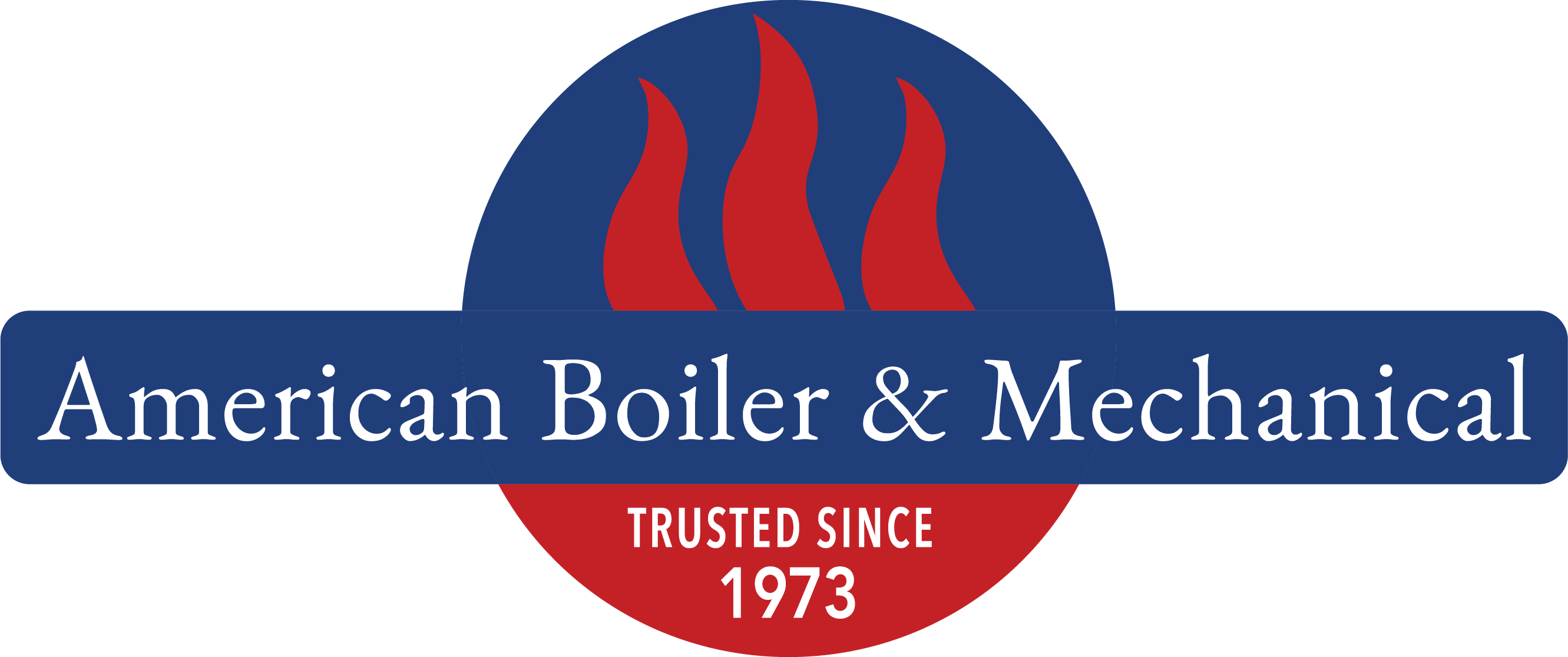Our Commitment to Safety
At American Boiler & Mechanical, Training NEVER Ends
Every branch of American Boiler & Mechanical meets weekly for small group classroom and/or field training. Training pays off in many ways for customers, especially in experience and expertise, which translates into solving problems effectively and efficiently.
Everyone at our company, from the CEO to the newest team member, participates in our training programs. We take training very seriously and it shows in the quality of our people and their work.
List of safety training subjects we implement:
- OSHA 10-hour and 30-hour training
- Fork truck
- Confined Space
- Scaffolding
- Hoisting/Rigging
- Aerial Lifts
- Crane Safety
- First Aid/CPR
- Blood Borne Pathogens
- Lockout/Tagout
- Respirator
- Crane Operation
- Fall Protection
- Arc Flash
- Asbestos Awareness
- MSHA
- Globally Harmonized Safety (GHS)

